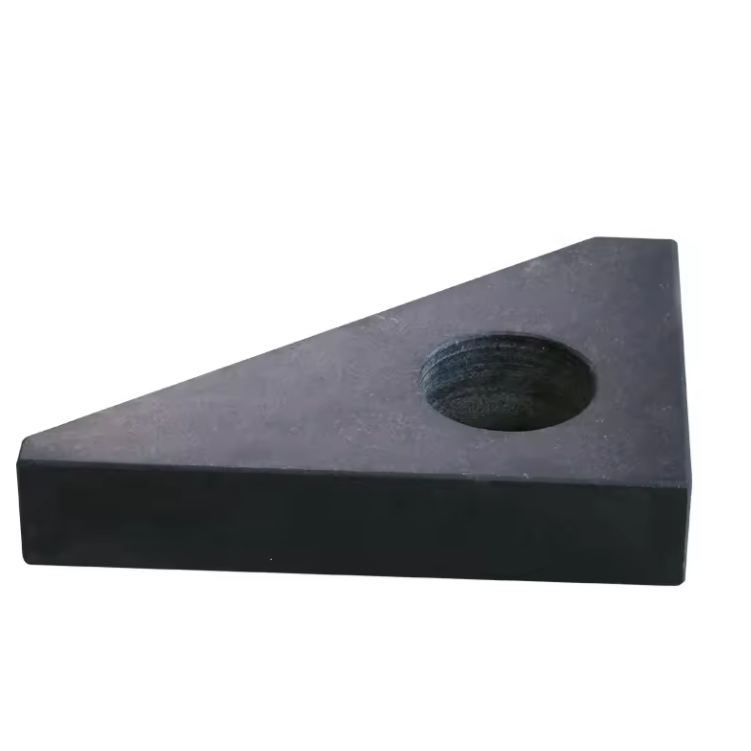डिस . 16, 2024 14:57 Back to list
Bore Gauge Specification Guidelines for Accurate Measurement and Quality Control
Understanding Bore Gauge Specifications Key Features and Considerations
A bore gauge is a precision measurement tool used to determine the internal diameter of cylindrical objects, such as pipes, tubes, and holes. The specifications of bore gauges vary significantly, depending on the application requirements and the precision needed. As industries from automotive manufacturing to aerospace engineering demand ever-increasing accuracy, understanding bore gauge specifications becomes vital for quality control and engineering processes.
Types of Bore Gauges
Bore gauges can be categorized primarily into two types mechanical and electronic. Mechanical bore gauges, often known as dial bore gauges, use a dial indicator to provide a visual reading of measurements. Electronic bore gauges are more advanced, incorporating digital displays to provide immediate, precise readings. Both types have their respective advantages; for example, mechanical gauges are straightforward and do not require a power source, while electronic gauges often provide higher accuracy and additional features such as data storage.
Key Features in Bore Gauge Specifications
When selecting a bore gauge, several key specifications come into play
1. Measurement Range The measurement range indicates the smallest and largest internal diameters that the gauge can accurately measure. It is crucial to select a gauge that fits the size of the bores you intend to measure to ensure reliable data.
2. Accuracy and Resolution Accuracy defines how close a measured value is to the true value, while resolution refers to the smallest increment the gauge can display. A bore gauge with high accuracy and resolution is essential for critical applications where even minor deviations can impact the integrity of the overall project. Typical accuracy can range from ±0.001 mm to ±0.01 mm, depending on the type of gauge.
bore gauge specification

3. Calibration Calibration requirements should also be addressed. Regular calibration ensures that the bore gauge maintains its accuracy over time. Most manufacturers provide recommendations on calibration intervals, which can depend on usage frequency and environmental conditions.
4. Measuring Tips/Contacts The design of the gauge’s measuring tips plays a significant role in its functionality. Tips should be adequately hardened to resist wear and tear, and their shape can vary to suit different applications. For example, some gauges have spherical tips for improved contact against the bore surface, yielding more accurate readings.
5. Materials and Build Quality The material from which the bore gauge is constructed influences its durability and reliability. Stainless steel is commonly used due to its resistance to corrosion and wear. The overall build quality also affects how well the gauge withstands various working conditions, such as temperature fluctuations and exposure to oils or chemicals.
6. Ease of Use User-friendliness is another crucial specification. A good bore gauge should feature an ergonomic design, intuitive controls, and clear readings, making it accessible for operators of varying skill levels. Digital gauges typically offer user-friendly interfaces, while some mechanical gauges may require specific calibration techniques.
7. Portability Depending on the application environment, portability can be crucial. Some bore gauges are compact and lightweight, suitable for fieldwork, while others are designed for stationary use in a workshop setting. It’s essential to choose a gauge that aligns with your specific measurement demands.
Conclusion
In conclusion, understanding bore gauge specifications is crucial for professionals involved in precision measurement across numerous industries. By considering factors such as measurement range, accuracy, calibration, tip design, material quality, usability, and portability, users can select the right bore gauge for their needs. With the advancement of technology, innovations in bore gauge design and functionality continue to evolve, offering enhanced precision and reliability. Whether for quality assurance in manufacturing or for critical measurements in engineering applications, the right bore gauge can significantly impact the overall success of a project.
-
Why Metric Trapezoidal Thread is Ideal for Precision Motion ControlNewsAug.05,2025
-
The Unique Properties of a Block of Granite for Industrial UseNewsAug.05,2025
-
The Role of Flanged Y Strainers in Preventing Pipeline ClogsNewsAug.05,2025
-
The Importance of Regular Calibration for Master Ring GagesNewsAug.05,2025
-
How a Cast Iron Surface Table Enhances Accuracy in ManufacturingNewsAug.05,2025
-
Comparing Different Check Valve Types for Optimal Flow ControlNewsAug.05,2025
Related PRODUCTS









